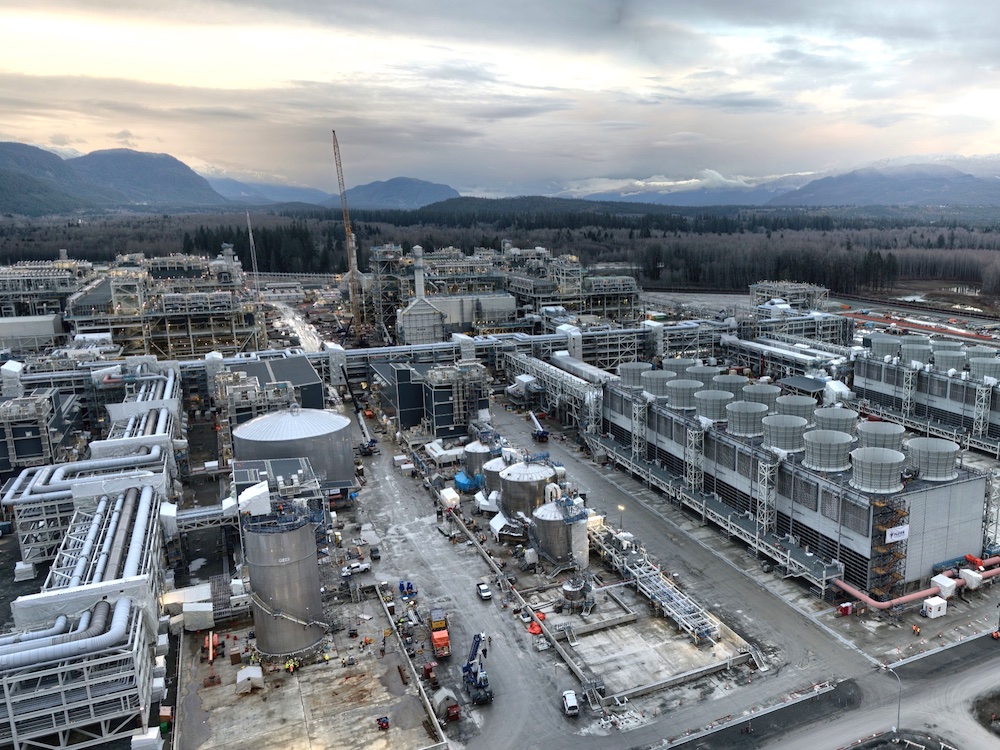It’s taken 16 years of incremental policy change in B.C., but you might have noticed that climate policies are starting to take hold. Electric and hybrid vehicles are widespread, new building standards with much higher energy efficiency are being introduced and heat pump sales have surged as people replace home heating equipment.
Nonetheless, the long knives are out for the CleanBC climate action plan and the modest gains we’ve made in reducing emissions. This is largely because climate policies inevitably mean phasing out fossil fuels, which is worrying to those in B.C. profiting from them.
Case in point: the Business Council of BC, representing big business interests, has raised the alarm that CleanBC will slow the province’s economic growth rate, according to modelling done for the government.
However, these modelling exercises should be taken with a grain of salt, as they can only project forward based on the recent (fossil-fuelled) past, and results depend heavily on the assumptions being made (which are not shown).
When it comes to economic performance, gross domestic product is only one indicator. It is a particularly bad measuring stick in failing to account for environmental damage and greenhouse gas emissions.
Ultimately, it is the quality of economic growth that matters, in particular whether the economy is delivering high levels of sustainable employment and reducing inequality. Fossil fuel mega-profits, as we’ve seen in recent years, worsen inequality.
Even at face value, however, the modelling projects that the GDP of fossil fuel industries will still grow by 56 per cent between 2020 and 2030 under a CleanBC scenario, compared with 87 per cent under the “let ’er rip” reference case (after accounting for inflation). CleanBC isn’t exactly killing the oil and gas industry.
Meanwhile, BC United has committed to scrap the CleanBC plan, saying it “will kill jobs, kill paycheques, kill billions in funding for vital public services and plunge our province into a recession.”
If anything, B.C.’s progress in reducing emissions has been too slow for such a wealthy place in light of the climate emergency we find ourselves in. As of 2021, B.C.’s greenhouse gas emissions were a mere three per cent below 2007 levels, even as the economy was still emerging from COVID-19 shutdowns that year.
The consequences of inaction are becoming painfully clear, globally and locally. We estimated economic costs of $10.6 billion to $17.1 billion from B.C.’s 2021 extreme weather trilogy of heat dome, wildfires and floods/landslides. Nearly 600 people died in the heat dome event alone, a call to action if ever there was one.
Despite this, the provincial government remains overly concerned about introducing climate action that affects industry’s “competitiveness.” It has overseen a major expansion of the oil and gas industry, with gas production up 40 per cent in 2022 relative to 2017 — when the current government was first elected — and 126 per cent higher than 2007, when B.C. first legislated GHG reduction targets.
The B.C. government has provided rebates on its carbon tax to industrial emitters that meet certain emissions benchmarks, while also recycling industrial carbon tax revenues through a competitive process into new investments that reduce industrial emissions. But as carbon tax has gone up, so has business resistance to change.
In April, the carbon tax for industry will be replaced by a new output-based pricing system that will exempt about half of the emissions from the oil and gas industry from carbon pricing, while allowing for much-discredited carbon offsets towards 30 per cent off their carbon bill.
B.C. has also been using BC Hydro to electrify upstream emissions from oil and gas fracking and processing in the northeast, while permitting continued growth of the industry causing climate change. A recent announcement of $36 billion in electricity investment by BC Hydro is in large part aimed at providing clean electricity to dirty liquefied natural gas projects.
This situation must change, and quickly. B.C.’s emission reduction targets for the oil and gas sector call for a 33 to 38 per cent reduction by 2030 relative to 2007. Continuing to promote and subsidize fossil fuel production runs counter to this ambitious target.
Getting those emissions down to target levels within six years remains a stretch given current policies. Worse would be letting fossil fuel corporations stab B.C.’s climate policies in the back. The B.C. government needs to stop listening to big business and do what’s right for people and the planet. ![]()
Read more: Energy, BC Politics, Environment

















Tyee Commenting Guidelines
Comments that violate guidelines risk being deleted, and violations may result in a temporary or permanent user ban. Maintain the spirit of good conversation to stay in the discussion and be patient with moderators. Comments are reviewed regularly but not in real time.
Do:
Do not: